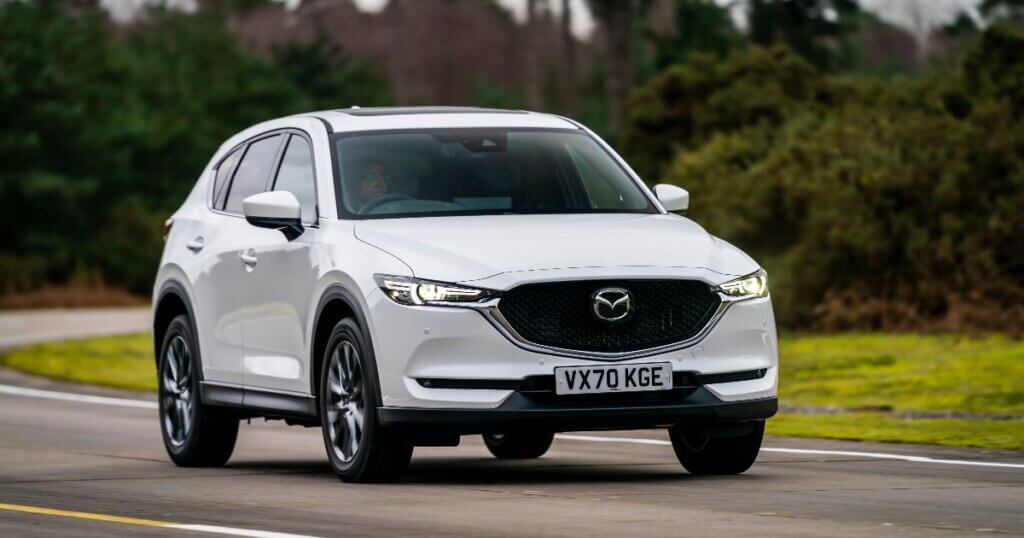Is GAP insurance worth it?
If all you want out of your insurance is to replace your car with something similar – that is the same condition and age – then GAP insurance isn’t necessary. But, should you want a brand new replacement or purchase your replacement through some finance agreement, GAP insurance is worth it.
It ensures you don’t find yourself in a situation where you still pay off a car that’s been written off by your insurance company. Although not legally compulsory, GAP insurance settles debts on a written off car, so you’re financially able to purchase a new one.
GAP for cars on finance
When buying a car on finance, GAP insurance works like a safety net. Let’s look at the different vehicle finance plans.
Hire Purchase or HP finance allows you to spread the cost when buying a car. It applies to new and used cars and rather than paying a single lump sum, it lets you pay a deposit followed by fixed monthly instalments. Once it’s paid in full, you can request that ownership be transferred to you.
Personal Contact Purchase or PCP is financing for used vehicles and spreads the costs over a longer repayment period. Your loan amount is based on value depreciation over the agreement term and not the total value of the vehicle.
Conditional Sale vehicle finance or CS financing spreads the repayment costs of a vehicle over a specified period. It’s similar to hire purchase agreements as you don’t own the car until it’s paid off. However, ownership transfers automatically to you once the loan is settled.
GAP insurance is beneficial in all three stated financing options as regular insurance doesn’t cover outstanding vehicle loan amounts. It’s also a handy safety net if your car finance has high-interest rates. GAP insurance pays the difference on the loan and settles the remaining debt.
Cars that depreciate quickly in value
GAP insurance benefits you further if your specific car’s value plummets faster compared to others. With this insurance, you ensure that you can financially afford the difference in depreciated and purchase value.
However, do your homework before signing up for GAP or normal insurance. Some insurance policies will replace your new car with another new one in case it’s scrapped or stolen.
Cars on lease
When obtaining a car on a lease, it’s worth your while to consider getting GAP insurance. Your regular insurance payout may not cover the entire value of depreciation and high-interest rates.
Without GAP cover, you’ll have to cover these costs or even carry on paying monthly instalments on a car you don’t have or drive. The right GAP insurance policy for leased cars will cover up to 100% of the remaining monthly rental payments.




